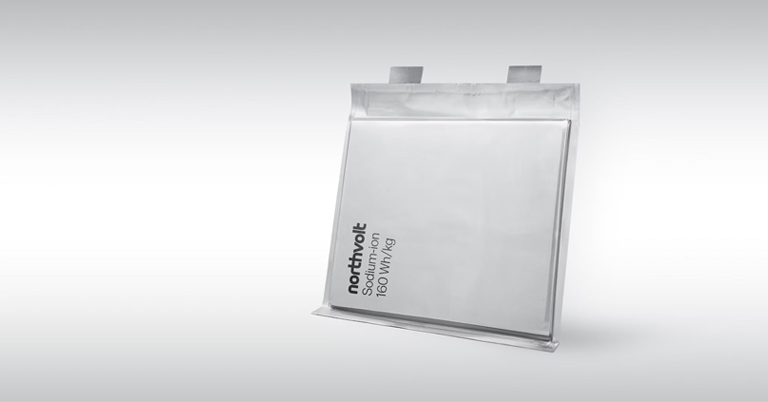
In the pursuit of greener energy solutions, Northvolt, a Swedish company, has quietly achieved a groundbreaking feat in sodium-ion battery technology. Boasting an energy density of up to 160 Wh/kg, this breakthrough positions Northvolt as a game-changer in the evolving landscape of affordable and high-density energy storage.
Northvolt’s sodium-ion battery overview:
What’s New?
This breakthrough propels sodium-ion batteries into the spotlight, challenging the dominance of Lithium Iron Phosphate (LFP) cells. Northvolt’s sodium-ion battery matches the energy density of LFP counterparts commonly found in less expensive electric vehicles (EVs). While falling slightly short of the higher-end Nickel Manganese Cobalt (NMC) batteries, the Prussian-White cathode material emerges as the catalyst behind this advancement.
- you might also read this
The chemistry behind it
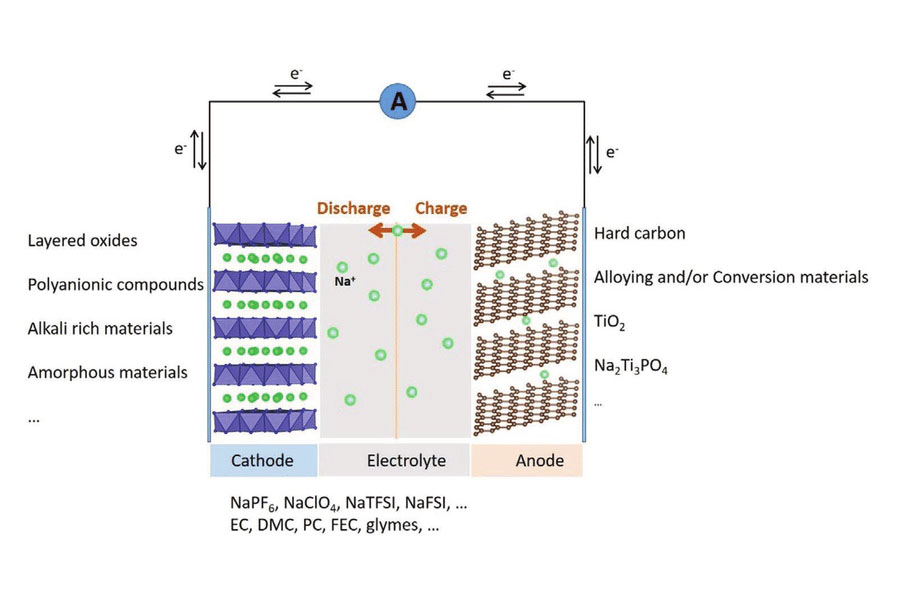
The specifics of Northvolt’s sodium-ion battery unveil state-of-art chemistry. With a cathode crafted from Prussian-White—free from cobalt, lithium, graphite, and nickel—coupled with a hard carbon anode, this technology achieves a unique balance. Boasting better cost-effectiveness than both NMC and LFP batteries, it positions itself as a frontrunner in the pursuit of efficient, affordable, and safe energy storage.
How safe is it?
The company claims a pivotal advantage: the safety of Northvolt’s sodium-ion battery technology across temperature variations. Unlike its counterparts, both NMC and LFP batteries, this breakthrough ensures stability, aligning density, affordability, and safety in an unprecedented manner.
What’s next for Northvolt?
Northvolt has made a breakthrough with the improved Na-ion battery, but this is just the beginning of their journey. The company is now preparing to enter production and plans to focus on pouch cells for stationary storage. This strategic move is aimed at addressing the immediate need for reliable and safe energy solutions.
Local Production in action
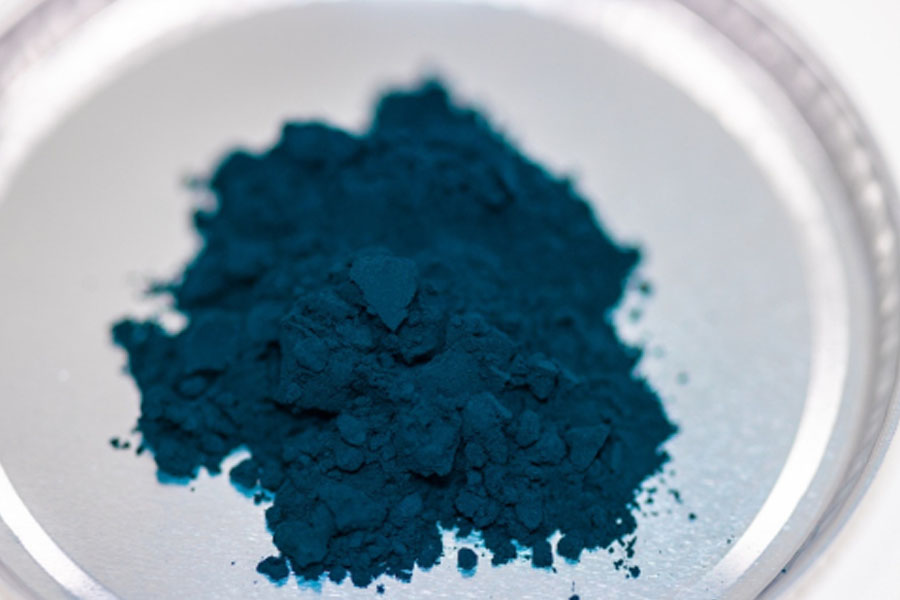
The key to success lies in the details, specifically the Prussian-White cathode and hard carbon anode. These elements not only contribute to breakthrough performance but enable local production with locally sourced materials.
Beyond technological prowess, Northvolt’s sodium-ion battery chemistry finds practical applications in warmer climates. Considered ideal for regions like the Middle East and Africa, the breakthrough extends its impact beyond laboratories, promising practical solutions for diverse environments.
More about the Northvolt’s sodium-ion battery….
While giants like Toyota invest in solid-state battery dreams, Northvolt’s breakthrough anchors itself in practical advancements. Emphasizing cost-effectiveness and applicability, it aligns with the immediate needs of the industry, paving the way for a sustainable and realistic energy transition.
Northvolt’s sodium-ion battery emerges not as a disruptive force but as a promising alternative. Positioned strategically, with its combination of high energy density, low cost, and superior safety features, this technology is a game-changer, particularly in areas with higher temperatures.
Environmental Concerns
In the context of environmental concerns surrounding electric vehicles (EVs) that mostly feature lithium cells, the breakthrough achieved by Northvolt in sodium-ion battery technology offers a glimpse of a more sustainable path. Arlsson stated that Northvolt’s sodium-ion batteries could be 25% cheaper than lithium batteries, showing Northvolt’s commitment to reducing ecological impact.
Replacing graphite with hard carbon is a greener alternative for sodium-ion batteries. Northvolt’s batteries are heat-resistant, enduring three times more heat than lithium batteries. This advancement showcases sustainability efforts in the electric vehicle industry, acknowledging the various environmental effects of transportation.
Northvolt’s Sodium-ion battery: Conclusion
In short, Northvolt’s sodium-ion battery breakthrough marks a big step toward greener energy. It’s expected to be cost-effective and environmentally friendly, addressing some issues linked to regular lithium batteries. However, there’s still work to be done in considering the overall impact of electric vehicles on the environment.
Also, watch our review of VIVO V29 Pro:












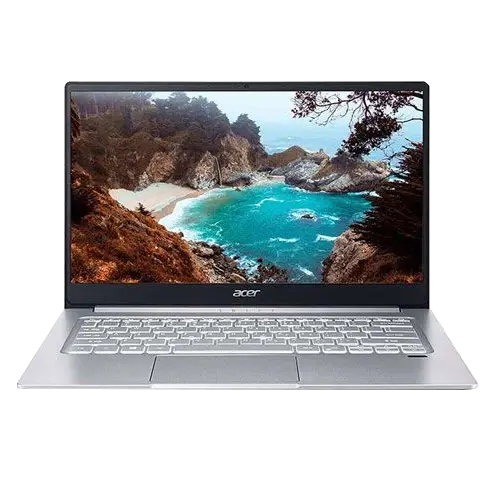
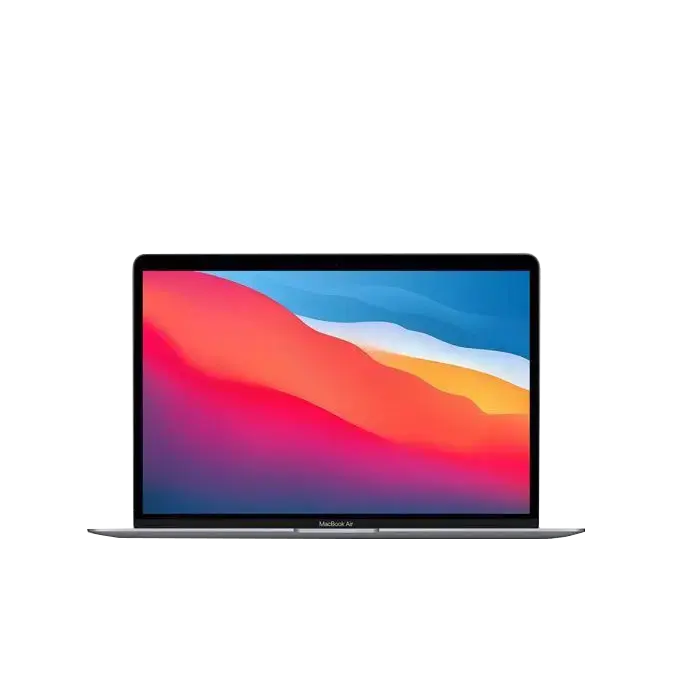


![Best Ultrabooks To Buy in Nepal 2024 [Updated] Best Ultrabook Laptops in Nepal 2023 - June Update](https://cdn.gadgetbytenepal.com/wp-content/uploads/2023/04/Best-Ultrabook-Laptops-in-Nepal-2023-June-Update.jpg)
![Best Gaming Laptops in Nepal 2024 [Updated] Best Gaming Laptops in Nepal 2023 - June Update](https://cdn.gadgetbytenepal.com/wp-content/uploads/2023/04/Best-Gaming-Laptops-in-Nepal-2023-June-Update.jpg)


![Best Mobile Phones Under Rs. 15,000 in Nepal [Updated] Best Phones Under 15000 in Nepal 2024 Budget Smartphones Cheap Affordable](https://cdn.gadgetbytenepal.com/wp-content/uploads/2024/03/Best-Phones-Under-15000-in-Nepal-2024.jpg)
![Best Mobile Phones Under Rs. 20,000 in Nepal [Updated] Best Mobile Phones Under NPR 20000 in Nepal 2023 Updated Samsung Xiaomi Redmi POCO Realme Narzo Benco](https://cdn.gadgetbytenepal.com/wp-content/uploads/2024/01/Best-Phones-Under-20000-in-Nepal-2024.jpg)
![Best Mobile Phones Under Rs. 30,000 in Nepal [Updated]](https://cdn.gadgetbytenepal.com/wp-content/uploads/2023/12/Best-Phones-Under-30000-in-Nepal-2024.jpg)
![Best Mobile Phones Under Rs. 40,000 in Nepal [Updated] Best Phones Under 40000 in Nepal 2024 Smartphones Mobile Midrange](https://cdn.gadgetbytenepal.com/wp-content/uploads/2024/02/Best-Phones-Under-40000-in-Nepal-2024.jpg)
![Best Mobile Phones Under Rs. 50,000 in Nepal [Updated] Best Phones Under 50000 in Nepal 2024 Smartphones Midrange](https://cdn.gadgetbytenepal.com/wp-content/uploads/2024/02/Best-Phones-Under-50000-in-Nepal-2024.jpg)
![Best Flagship Smartphones To Buy In Nepal [Updated] Best Smartphones in Nepal 2024 Flagship Premium Samsung Apple iPhone Xiaomi OnePlus Honor](https://cdn.gadgetbytenepal.com/wp-content/uploads/2023/09/Best-Smartphones-in-Nepal-2024.jpg)